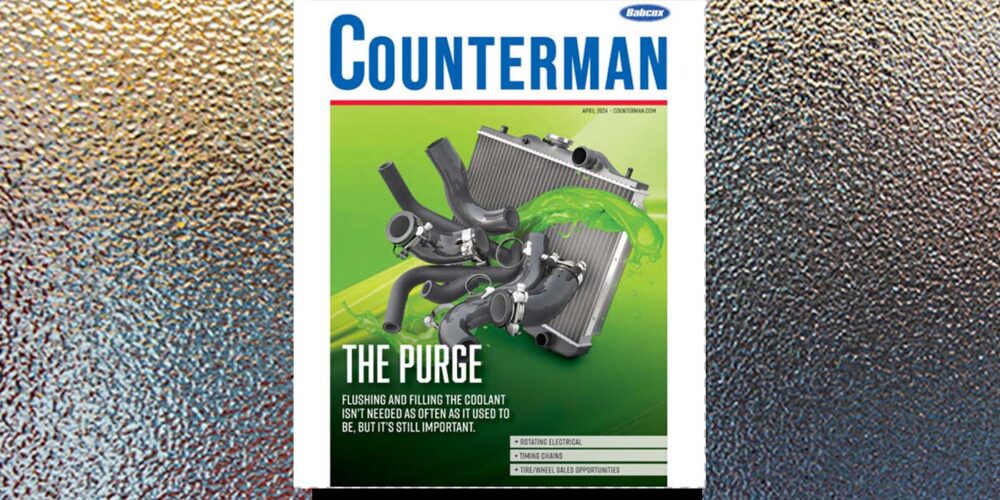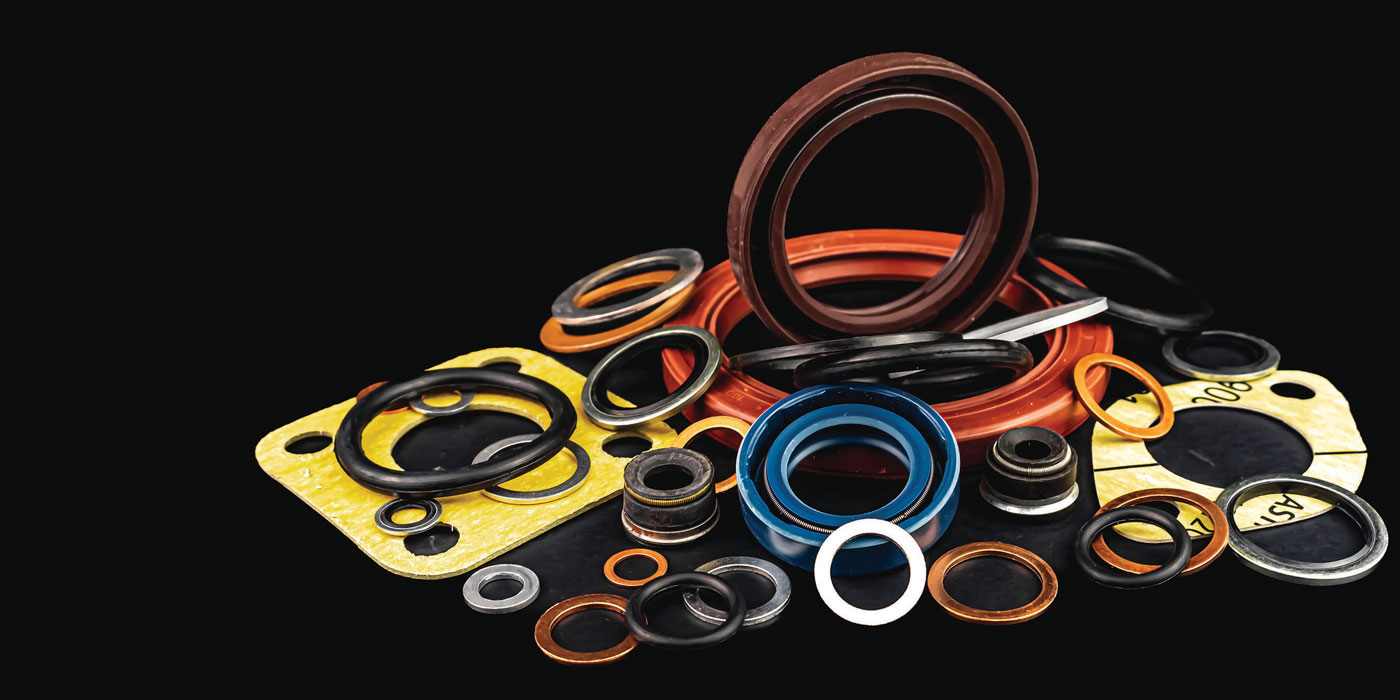As automakers put more and more emphasis on fuel economy, durability and extended service intervals, motor oil specifications continue to evolve to reduce friction, wear, aeration and viscosity breakdown. The current International Lubricants Standardization and Approval Committee (ILSAC) GF-5 oil standards will be upgraded again in a couple of years. Although that’s down the road a bit, it’s important to know that many automakers have developed, and will continue to develop, their own oil quality and performance standards.
Back in 2011, GM developed its “dexos 1” specification for gasoline engines and “dexos 2” for diesel engines. Both specs call for a high-quality synthetic blend that can meet tough durability and performance standards.
GM says oils that meet their dexos requirement exceed those of the current GF-5 requirements. GM recommends oil that meets the dexos specifications for all 2011 and newer GM engines. Motorists are free to use any oil in their engines, but if they have an engine problem as a result of using an oil that does not meet the dexos requirements, repairs may not be covered under warranty. Any brand of oil that meets the dexos requirements can display the dexos label on their product provided they pay GM a licensing fee plus a royalty on every gallon of oil they sell that is dexos-approved. Because of this, some oil companies that have products that can meet or exceed the dexos requirements have refused to pay GM’s licensing fee. In lieu of such, they state their product “meets or exceeds all OEM requirements.”
Regardless of the brand of oil a customer buys, it’s important to make sure the oil meets or exceeds the OEM requirements for their vehicle as well as the recommended viscosity grade. Many late-model engines are factory-filled with 5W-20 because of its low-friction, fuel-saving advantages. But some are being filled with even thinner oils such as 0W-20. For 2014, GM now specifies 0W-20 for their 5.3 & 6.2L engines.
A high-quality synthetic blend or full synthetic oil that meets or exceeds API “SN” and ILSAC GF-5 specifications should always be used if a vehicle has oil drain intervals of 7,500 miles or higher, or uses an oil reminder system.
And for the GM applications, it should meet or exceed the dexos specifications.
European auto makers are very particular about the kind of oils that go into their engines. Audi, BMW, Mercedes and VW all follow a set of oil standards called the ACEA European Oil Sequences. Like the API and ILSAC rating systems, ACEA oil ratings are based on specific laboratory test procedures and requirements. The ratings include various sets and subcategories. Each rating has very specific requirements for viscosity, shear stability, evaporation rates, sulfur and phosphor content, wear resistance, high- and low-temperature performance, sludge resistance and oxidation resistance. So specific oils are specified for specific European engine applications.
For example, Audi has a number of oil specifications including 501.01, 502.00, 505.00, 505.01, 504.00 & 507.00. Each number represents a specific oil requirement (much like GM’s “dexos” oil requirement for their engines). Oils with a low volatility index are usually specified for direct gasoline injection engines. If an oil does not meet the specific requirements for an application, recommend a different oil that does.
To make things easier, some oil companies have introduced special “EURO” oils that meet the European automaker’s requirements.
Once a vehicle is out of warranty, any type of oil can be used provided it meets the vehicle manufacturer’s viscosity recommendations and basic performance requirements. Using the wrong oil (such as a bargain-priced conventional oil) in an engine that requires a high-quality, long-life synthetic oil is asking for engine trouble, especially if the oil drain intervals are pushed too far.







